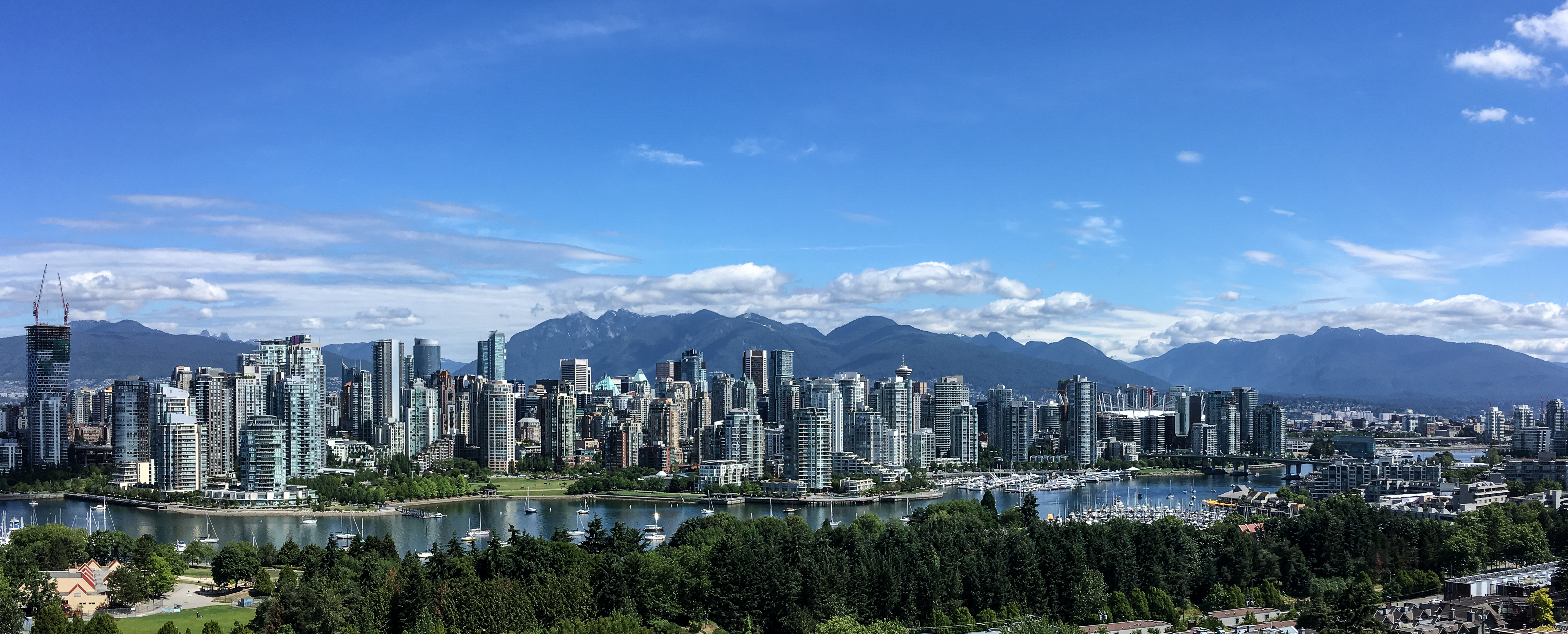Vancouver is in the midst of sudden drop in home value. The first half of this year has seen the lowest number of sales in 24 years, and benchmark home prices are down 8.7% from last year. The market is experiencing a period of correction after years of peak prices and major affordability issues.
Vancouver is an appealing place to work and live, as one of the world’s top cities for quality of life. It’s also one of the most expensive cities in Canada and least affordable in the world. As the market cools down, Vancouver must continue to address affordability and healthy growth in the housing market.
Vancouver’s Dramatic Drop
At its peak in the first half of 2016, the total value of sales in the Greater Vancouver area was $38.1 billion — this year, it’s dropped to $15.6 billion.
Real estate experts anticipated a decline in prices and sales, but not this dramatic drop. April usually marks the beginning of the spring buying season, but this year sales were at their lowest in 24 years. The downward trend continues, with detached homes dropping over 10% since last year.
The Vancouver economy is fueled by real estate. When the government added new taxes to dampen this market, this reduced the tax revenue as real estate takes up a large portion of the market. This further compounds the affordability issue.
A recent paper by Josh Gordon shows that the boom of 2016-2018 was largely driven by outside demand. Property owners who don’t live in or pay taxes in Canada contributed to steep prices and the affordability crisis. These external buyers may also play a role in the market’s sudden drop.
Affordability
In the past four years, Vancouver has seen a peak of both house prices and affordability issues. Vancouver lacks a supply of affordable housing for families, but rentals are where the issue is most pronounced. New taxes and high density have not been enough to prevent Vancouver’s working and middle class from fleeing to more affordable territory.
An average one-bedroom apartment goes for $1,900-$2,000 CAD. The city does have a competitive salary for Canada, with an average yearly salary of $56,603 CAD and living wage of $20.91 per hour in the metro area. Nevertheless, rental prices are outpacing wages.
The government has been building a supply of affordable rentals. Unfortunately, most of these are aimed at households earning more than $80,000 CAD a year, failing to address average and below-market needs. Funds and initiatives for below-market housing will need to continue even after the market cools, and aggressively, if Vancouver wants to keep its working and middle class.
The end of the crisis could be marked by returning to the market conditions of 2014, when prices were 10-30% lower. This wouldn’t solve all of the affordability issues however, as Vancouver needs a greater mix of affordable homes and rentals to meet demand. Even as the real estate market cools, affordability is a long term issue.

